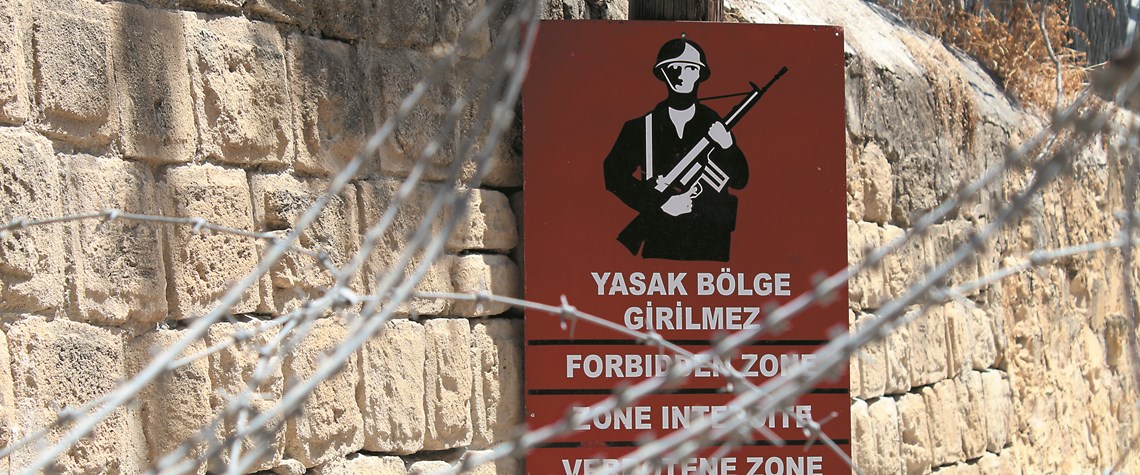East Med juggles win/losses and win/wins
Rivalry continues to impact energy projects across the region. But collaboration will be essential to achieve economic potential
The discovery of a significant new hydrocarbon play in the Eastern Mediterranean a decade ago shone a greater geopolitical spotlight on the region. A series of discoveries fueled ambitions on the part of littoral states, attracted the interest of outside powers and made the East Med a potentially significant pivot point for European energy security and diversification. These finds also drew unprecedented attention to the region's—at times strained—political, economic, and security relations. They facilitated the establishment, or strengthening, of cooperation between states but also sparked rivalry and/or accentuated existing conflicts. A decade later, the East Med finds itself at a crossroa

Also in this section
17 February 2026
The 25th WPC Energy Congress, taking place in Riyadh, Saudi Arabia from 26–30 April 2026, will bring together leaders from the political, industrial, financial and technology sectors under the unifying theme “Pathways to an Energy Future for All”
17 February 2026
Siemens Energy has been active in the Kingdom for nearly a century, evolving over that time from a project-based foreign supplier to a locally operating multi-national company with its own domestic supply chain and workforce
17 February 2026
Eni’s chief operating officer for global natural resources, Guido Brusco, takes stock of the company’s key achievements over the past year, and what differentiates its strategy from those of its peers in the LNG sector and beyond
16 February 2026
As the third wave of global LNG arrives, Wood Mackenzie’s director for Europe gas and LNG, Tom Marzec-Manser, discusses with Petroleum Economist the outlook for Europe’s gas market in 2026







